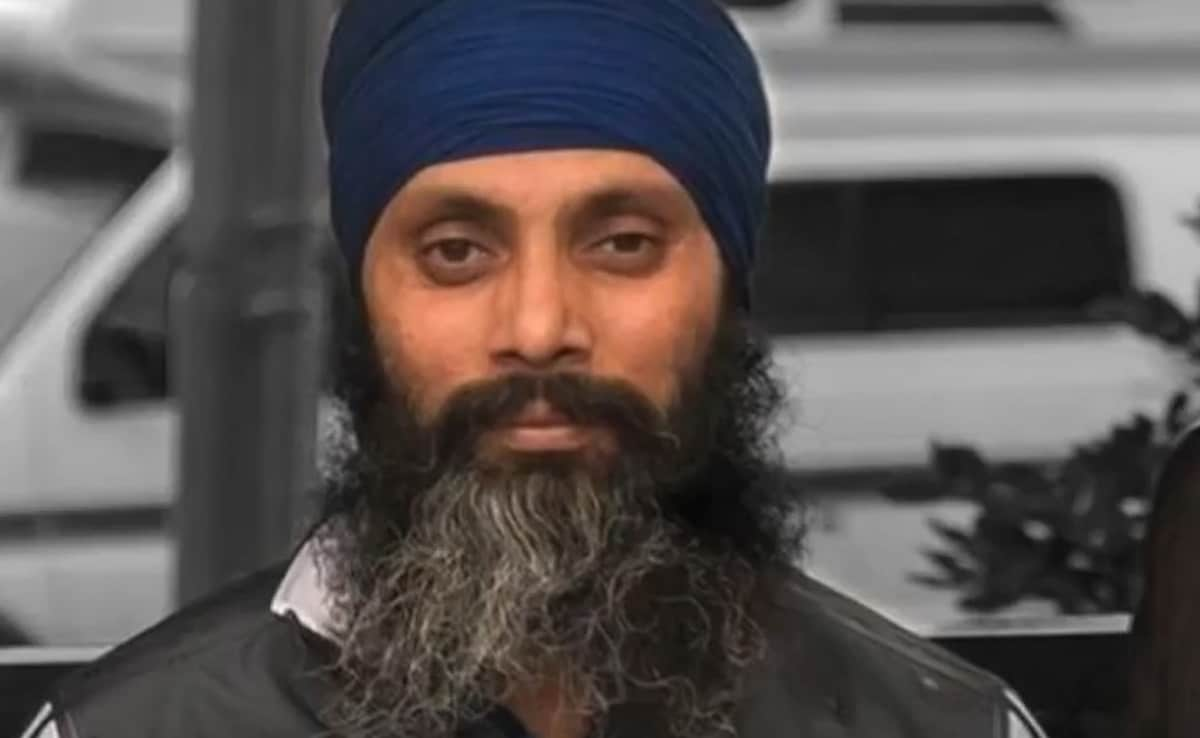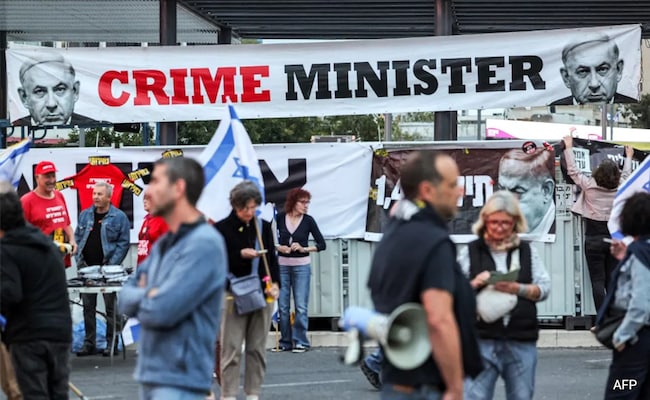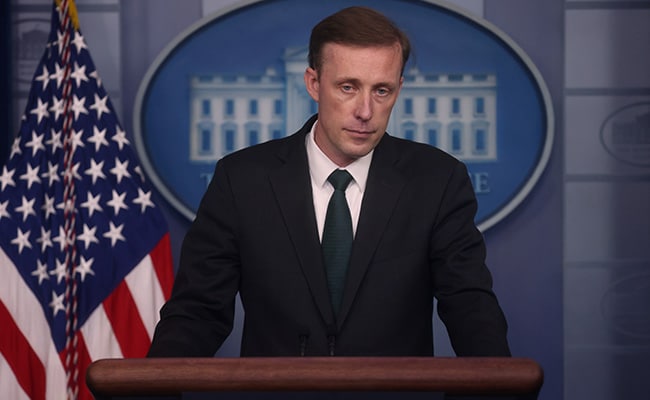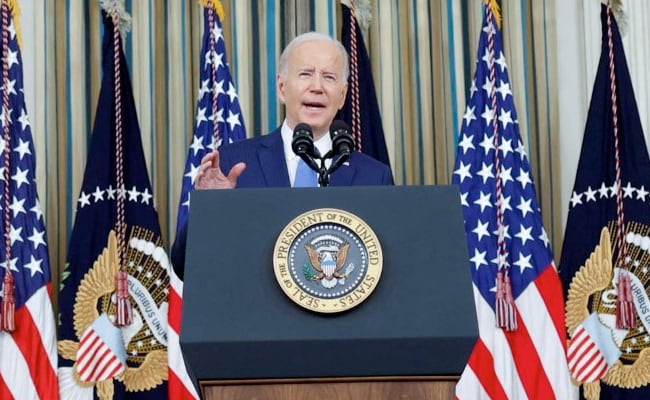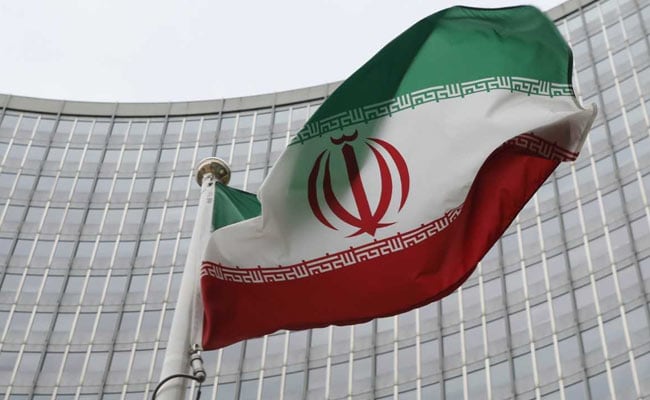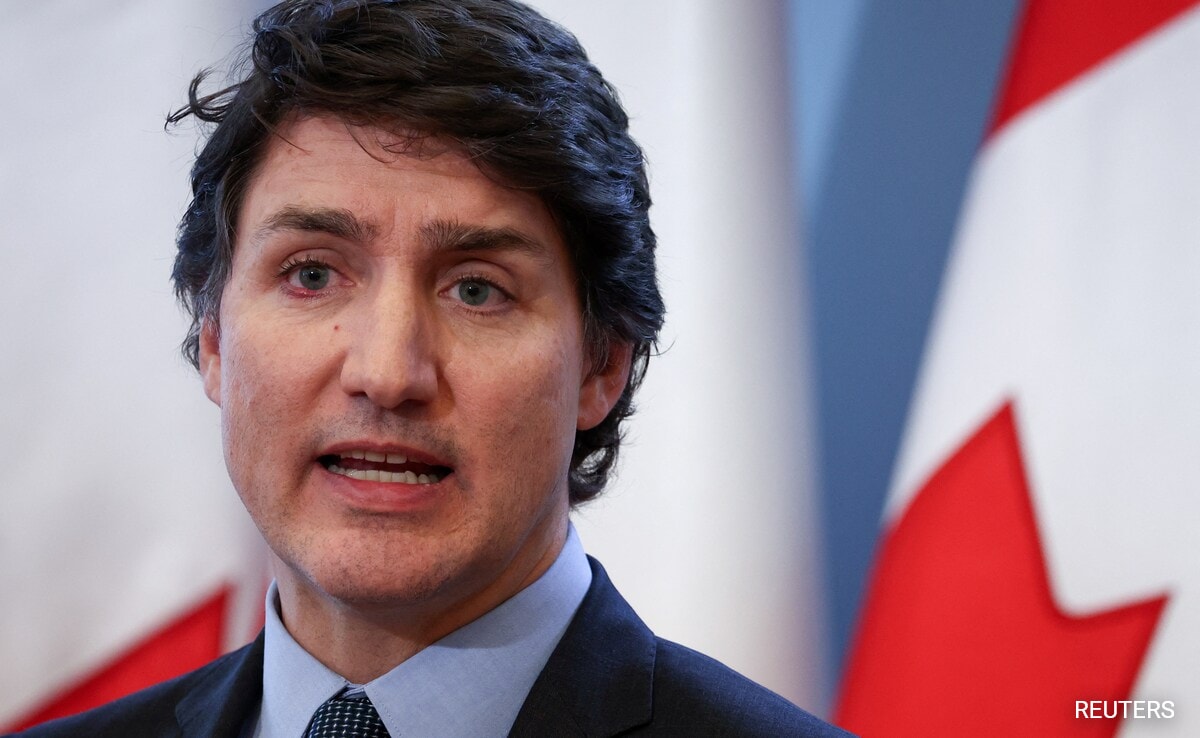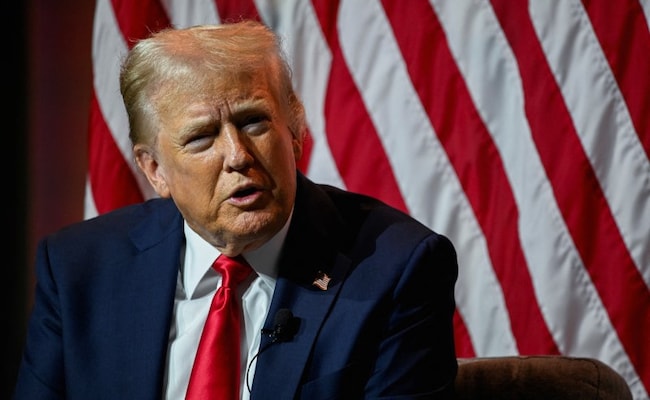A key demand of the protesters has been for Netanyahu to sign a ceasefire with Hamas (file).
Sydney:
As protests grow, Benjamin Netanyahu clings to power in what appears to be a gambit to shape his own political and legal future, regardless of the cost.
War-weary and angry, hundreds of thousands of Israelis are taking to the streets week after week, calling for Prime Minister Benjamin Netanyahu to cut a deal and bring the remaining hostages from the October 7 Hamas attack home.
Their calls remain unanswered.
These massive public demonstrations, including the largest nationwide strike in 18 months, are met with renewed conditions for any deal with Hamas and commitments to continuing the war into its second year.
Despite the more than 750,000 protesters calling for his resignation and an end to the war, clinging to power and continuing the fight against Hamas appears to be Netanyahu’s only plan for the future.
What started the protests?
The protests began after another six Israeli hostages were found dead in Gaza at the beginning of September.
A key demand of the protesters has been for Netanyahu to sign a ceasefire with Hamas that would see the release of the remaining Israelis still held captive since the October 7, 2023 attacks.
Despite increasing public dissent, Netanyahu has refused to sign any ceasefire and continues to add new conditions to any potential deal.
The latest sticking point is Israel’s insistence that it retain a permanent military presence in the Philadelphi Corridor – a strip of land on the border between the Gaza Strip and Egypt.
Hamas refuses to accept any such stipulation, arguing that all Israeli troops should evacuate the Gaza Strip.
Egypt has also expressed its concern at the prospect of Israeli troops stationed on its border, amid concerns of miscalculation from either Egyptian or Israeli troops.
Adding to the public pressure on Netanyahu is the political pressure from both inside and outside of his ruling coalition.
Externally, his political rivals accuse Netanyahu of lying to the Israeli public and for putting his political survival ahead of any deal to bring the hostages home.
Inside his coalition, there is more pressure to continue the war until all vestiges of Hamas are destroyed and the Palestinians are pacified.
While commentators speculate on how long Netanyahu can survive, perhaps the more relevant question is how he got here in the first place.
Netanyahu’s narrow window
The root cause of Netanyahu’s current dilemma is a series of 2016 allegations of corruption. Subsequent police investigations led to Netanyahu being charged in 2019 with breach of trust, accepting bribes, and fraud.
Since the allegations became public, Netanyahu has tried various political manoeuvres to avoid fronting court and a potential guilty verdict and likely jail sentence.
Initially, these involved using parliamentary procedures to impede the judicial process. This included the Attorney General being accused of interfering in the investigation and deliberately delaying the indictment, as well as Netanyahu seeking immunity from prosecution from the Israeli Parliament, the Knesset.
When these efforts failed, Netanyahu’s trial began in May 2020. Then, in March 2021, Netanyahu lost the election and the prime ministership, leaving him without any institutional protection – something he covets.
After another inconclusive election in November 2022 Netanyahu made a Faustian bargain with several right-wing nationalist parties to regain the prime ministership. In return for entering his coalition, Netanyahu agreed to pursue the nationalists’ political agenda.
One of his government’s first acts was to try and enact sweeping judicial reforms that would give the government oversight of Israel’s Supreme Court. These reforms could benefit both Netanyahu and his coalition partners.
Political bargain offers no way out
Because Israel has just one parliamentary house, the Supreme Court acts as a check and balance on the Knesset’s power. The government’s intention to ensure it always had a majority on the committee that appoints judges was of particular concern to many Israelis.
Opponents feared these reforms could give Netanyahu the power to appoint sympathetic judges to the Supreme Court and potentially gain immunity from prosecution.
For the nationalists, the proposed reforms would remove many of the institutional checks and balances imposed by the Supreme Court on the expansion of Israeli settlements and the appropriation of Palestinian land in the West Bank – something Israeli nationalists have wanted for years.
If successful, it would mean Israel’s 57-year occupation of the West Bank and East Jerusalem would become permanent, sounding the death knell for any future Palestinian state, something that did not go unnoticed by Hamas.
The proposed reforms provoked unprecedented public backlash, with massive weekly protests racking Israel from January to October 2023.
It was only when Hamas attacked on October 7 that Netanyahu’s government gained some reprieve.
But the attacks posed an additional problem for Netanyahu because they were a massive security failure that resulted in the largest loss of Jewish lives since the Holocaust.
Throughout his political career, Netanyahu has always portrayed himself as being the only politician capable of ensuring the safety and security of Jews and the state of Israel.
This includes refusing to accept the possibility of a Palestinian state, which he deems an existential security threat to Israel. The fact that Netanyahu presided over this massive security failure strikes at the core of his political popularity.
This made him vulnerable politically and increasingly beholden to his coalition partners to remain in power.
If any of these parties left the coalition, it would no longer hold a majority in the Knesset, meaning fresh elections that, given the current political climate, Netanyahu could conceivably lose.
Unable to influence the political and judicial process, Netanyahu would find himself at the mercy of the justice system he sought to undermine.
Clinging to power
Consequently, Netanyahu is determined to do whatever is necessary to remain in power.
This means acceding to the nationalists’ demands by advocating for negotiation positions he knows Hamas will reject.
Despite mounting political pressure, the government’s dogmatic approach to negotiations gives the nationalists time to pursue their ideological objectives by altering irrevocably the face of the West Bank and East Jerusalem.
Since the Hamas attacks, there has been an explosion of Israeli settler outposts throughout the West Bank appropriating Palestinian land.
The Israeli military has also recently launched the largest military incursion in the West Bank since October 2023. In addition to the more than 41,000 Palestinians killed in Gaza, more than 650 Palestinians have been killed in the West Bank.
While Israel claims it is combating terrorism, the ultimate purpose of these actions, alongside Israel’s actions in Gaza, appears to be to crush any organised Palestinian resistance to Israeli occupation and its appropriation of Palestinian land.
If successful, the nationalists’ dream of a wholly Jewish state from the river to the sea would be closer than ever.
Dr Martin Kear is a lecturer in terrorism and international security at The University of Sydney. His research interests include Middle East politics, the political/electoral participation of Islamist movements, and the role of political violence in the organisational narratives of militant movements.
(Originally published under Creative Commons by 360info)
(This story has not been edited by NDTV staff and is auto-generated from a syndicated feed.)
Waiting for response to load…



